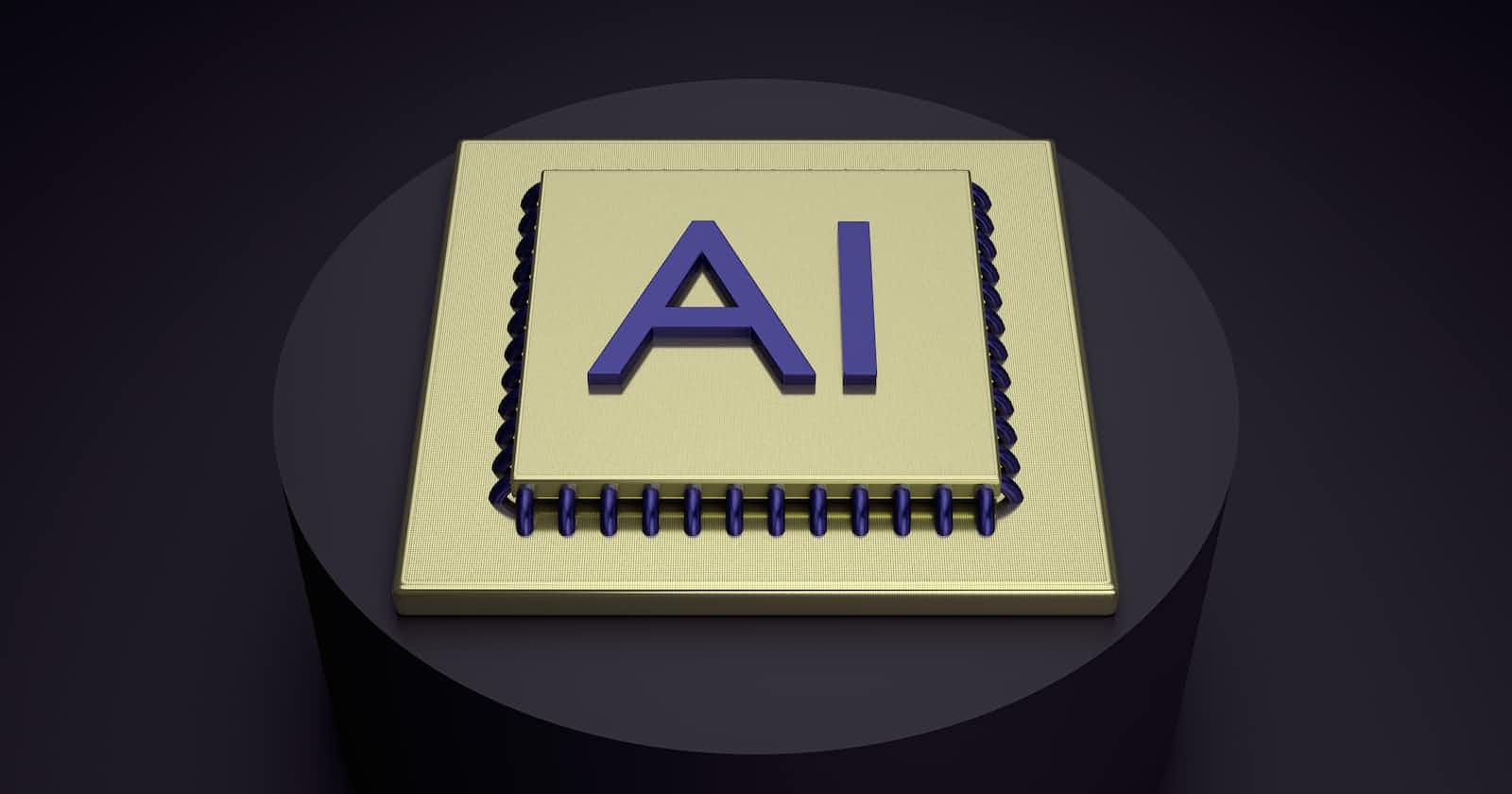Using generative AI in writing front-end code is a common practice these days. A lot of people simply ask chatGPT to write code for simple front-end tasks.
Generative AI has the potential to significantly impact the field of software development in several ways:
Code Generation: Generative AI can be used to automatically generate code for software applications. This can range from simple code snippets to entire programs. For instance, it can be used to automate repetitive tasks like boilerplate code generation, reducing development time and potential errors.
Testing and Quality Assurance: AI can be used to create and execute test cases, identify and fix bugs, and even optimize code for better performance. This can improve the overall quality of software by reducing human error and increasing testing efficiency.
Natural Language Interfaces: Generative AI can facilitate communication between non-technical stakeholders and developers by providing natural language interfaces. This can make it easier for product managers, designers, and clients to specify their requirements and understand the technical aspects of a project.
Auto-Documentation: AI can generate documentation for code and projects, making it easier for developers to understand and maintain their own or others' code. This can also help with knowledge transfer in development teams.
Code Refactoring: AI can assist in refactoring code to make it more efficient, maintainable, and secure. It can identify areas for improvement and automatically apply changes, which can save developers time and effort.
Assistance in Problem Solving: Generative AI can help developers solve complex problems by suggesting algorithms, data structures, or design patterns based on the given problem statement. This can be particularly useful for less experienced developers or when tackling novel challenges.
Personalized Development Tools: AI can provide developers with personalized tools and IDE (Integrated Development Environment) enhancements, tailoring the development experience to individual preferences and needs.
Predictive Analytics: AI can analyze vast amounts of data to make predictions about future software trends, identify potential issues, and suggest proactive measures to avoid problems.
Continuous Integration and Deployment: AI can assist in automating the deployment pipeline, optimizing the release process, and detecting issues in real-time, which can lead to more efficient and reliable software delivery.
Collaboration and Code Review: Generative AI can support code collaboration by identifying potential issues in pull requests, providing suggestions for improvements, and helping maintain coding standards.
Low-Code and No-Code Development: Generative AI can enable non-developers to create software using low-code or no-code platforms, making software development more accessible and reducing the barrier to entry for individuals and organizations.
While these applications hold great promise, it's important to note that generative AI in software development is not without challenges. Ensuring the generated code is of high quality, secure, and aligned with the project's goals remains a significant challenge. Additionally, ethical concerns, such as AI-generated vulnerabilities, need to be addressed. Nonetheless, as generative AI technologies continue to evolve, they are likely to have a transformative impact on the software development landscape.


